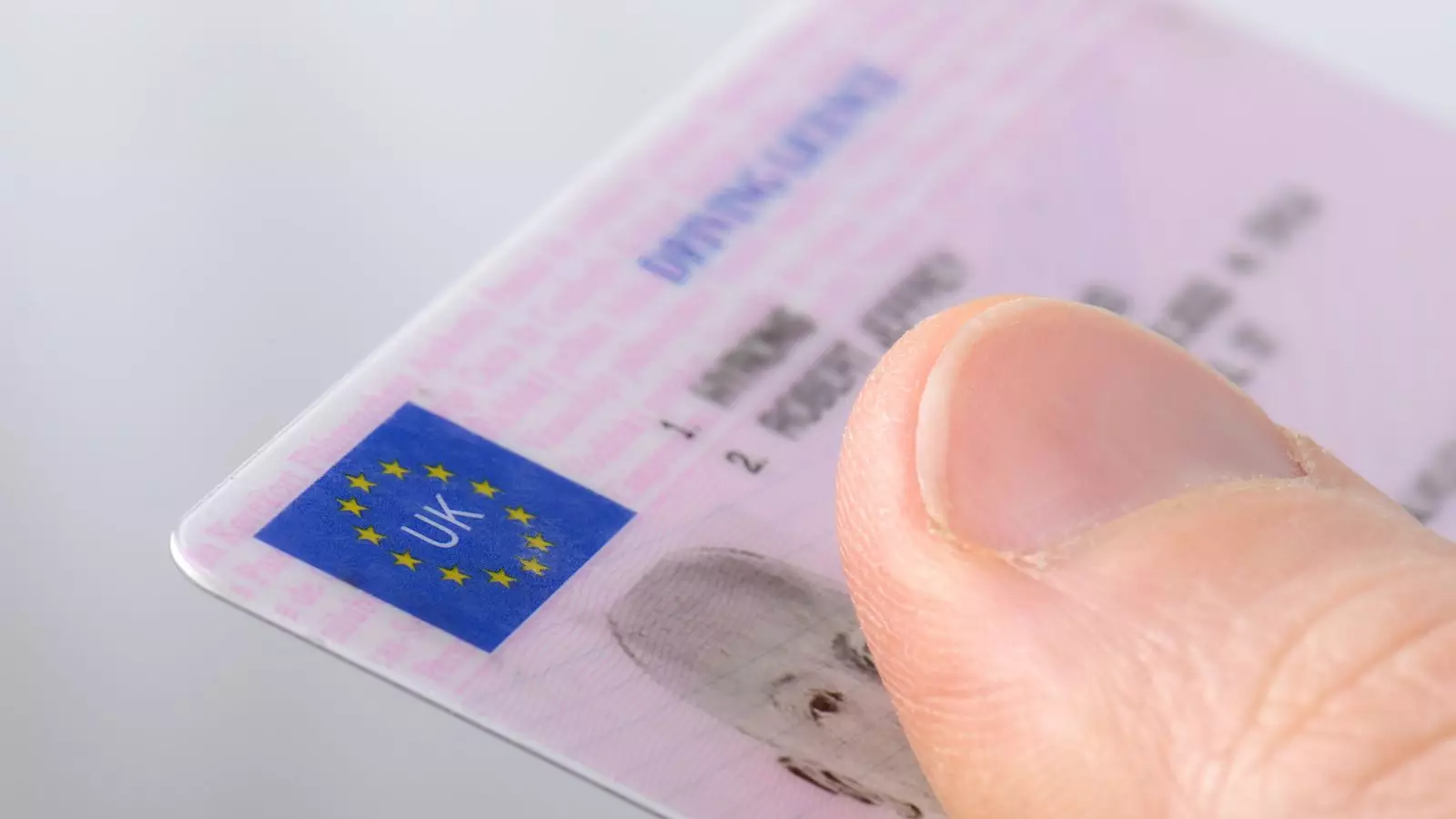In a bold move aimed at curbing welfare fraud, the UK government has rolled out a significant initiative led by the Department of Work and Pensions (DWP). This new strategy, labeled as the most extensive crackdown on fraud in decades, seeks not only to recoup taxpayer money but also to tighten regulations surrounding benefit claims. Central to this initiative is the Public Authorities (Fraud, Error, and Recovery) Bill, which, once passed, will empower authorities to take drastic actions against those found guilty of defrauding the welfare system.
The potential financial impact of this crackdown is noteworthy, with the DWP estimating a recovery of approximately £1.5 billion over the next five years. This initiative comes in response to alarming figures estimating that around £8.6 billion was lost to fraud and mistake-related overpayments within the financial year concluding in April 2024. This statistic underlines the pressing need for robust measures to protect taxpayer funds, suggesting that previous efforts to manage fraud may have been insufficient.
Under the forthcoming legislation, a range of new powers will be introduced. Among the most controversial aspects is the government’s ability to directly recover owed funds from individuals’ bank accounts. Such a measure not only streamlines the recovery process but also elevates the stakes for those who attempt to cheat the system. Moreover, benefit fraudsters may face restrictions on their driving privileges, serving as a stark warning that the government will not tolerate fraudulent behavior. If individuals fail to repay debts exceeding £1,000, court intervention could lead to a suspension of their driving licenses for up to two years.
The COVID-19 pandemic has undeniably exacerbated rates of benefit fraud, with a dramatic rise in overpayments reported. According to government figures, the percentage of benefit overpayments surged nearly 4% from the previous financial year to its peak in 2023. This concerning trend underscores the urgency of the new bill, which is designed to combat the specific challenges posed by increased fraud during the pandemic. Policymakers now face the monumental task of not only addressing current cases of fraud but also implementing preventive measures to avoid future wrongdoing.
Work and Pensions Secretary Liz Kendall has emphasized the government’s commitment to eradicating fraud. Her declaration that they are “turning off the tap to criminals” who exploit the welfare system resonates strongly with taxpayers concerned about the integrity of public funds. She has asserted that the new measures will introduce substantial consequences for those who evade repayment, thus fortifying public trust in government actions to combat fraud. Alongside strict enforcement, Kendall highlights the importance of safeguards, including independent oversight intended to ensure that new powers are employed fairly and judiciously.
Despite the government’s ambitious plans, critics remain vocal about the potential pitfalls of these measures. Helen Whately, the shadow work and pensions secretary, has questioned the sincerity of the government’s initiative, labeling it as a continuation of existing Conservative policies that have not adequately addressed the problem. Furthermore, her reference to previous controversies, including the appointment of a former cabinet member with ties to fraud, raises questions about the overall credibility of those advocating for these new measures.
The UK government’s push to combat benefit fraud through the Public Authorities (Fraud, Error, and Recovery) Bill represents a pivotal moment in welfare policy. While the measures proposed aim to close loopholes and recover taxpayer money, it is essential to balance enforcement with fairness to ensure that genuine claimants are not inadvertently penalized. As the legislative process unfolds, public scrutiny will be critical in shaping the final outcome and ensuring that the objectives of the crackdown are met without compromising the welfare of the most vulnerable in society.

